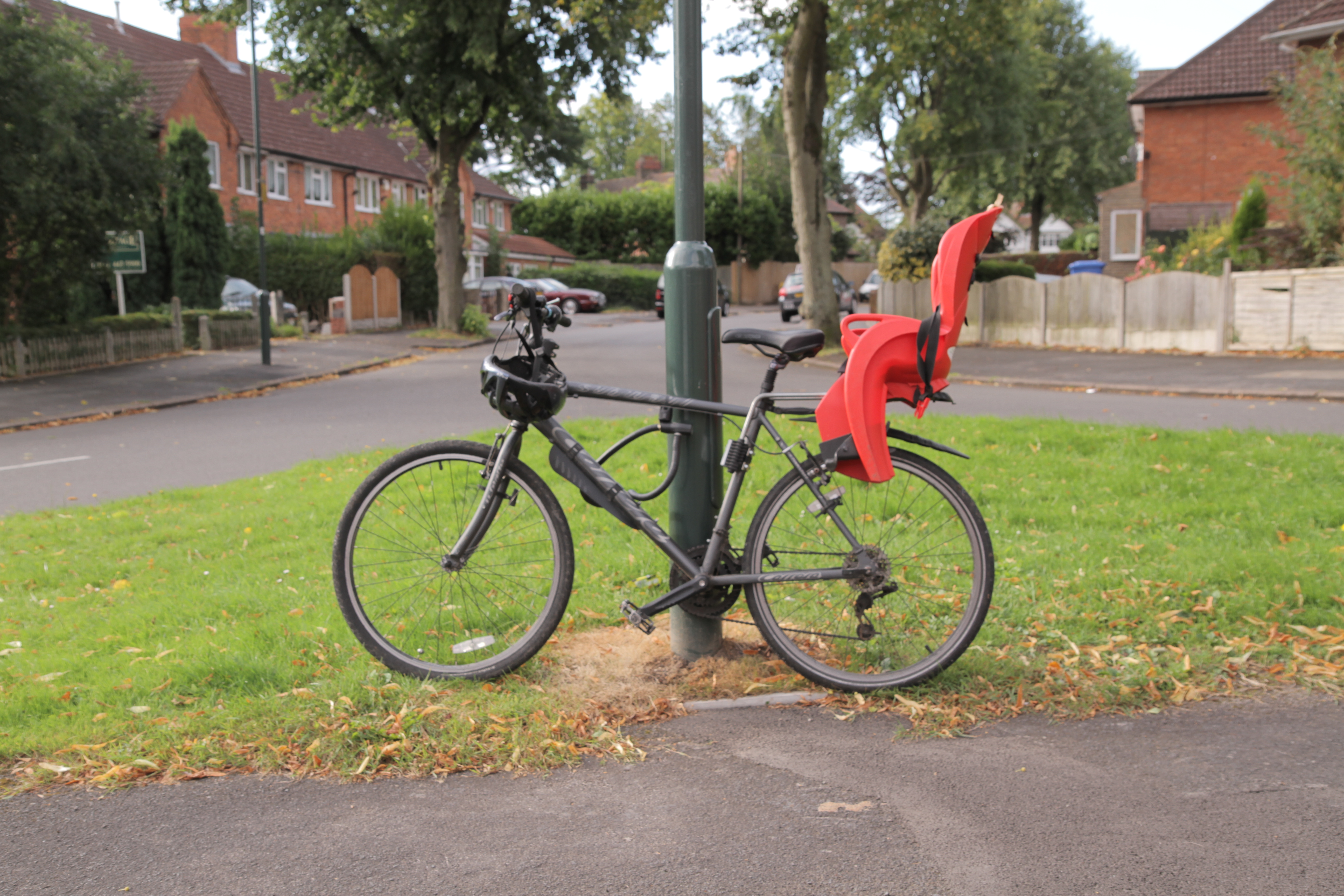How many times a day do you talk to a stranger? If you work in a shop, a bar, a call-centre, a hospital, (and the list goes on) if your role at work is public facing (bus driver) then you will speak to strangers all the time, and they will speak to you (tour guide) but they may not always be friendly. Because we see life through the prism of money (magician), the person being paid, who we will call the ‘server’, is assumed to be less important than the person paying, we’ll call them the ‘served’. This makes people in public-facing, employed roles very vulnerable (teacher). They may be treated with respect by 99% of the people they serve (police officer), but they will encounter those who treat them as the ‘help’, the ‘below stairs’, the ‘drones’, the less important. This is learned behaviour, and it can be bypassed and even unlearned. If the server is friendly and helpful, they will almost always get a positive response and a corresponding mood-boost. Equally, the served person who has a positive approach (clergy person) and ideally a smile too (mime, no wait, they don’t talk) will very likely get what they are looking for and go away happier as a result.
So let’s put these server/served exchanges aside for a moment and consider instead human interactions outside of the world of work. These can be practical questions; ‘Am I on York road?’, ‘What time do they open?’ or ‘Where are the toilets here?’ They can be warnings; ‘Mind that pineapple!’, ‘Careful on the dance-floor, it’s slippery!’ or ‘Mind your foot on the… oh, never mind.‘ None of these are really conversation openers. They might lead to a chat, given a reasonably level of gregariousness in both parties, but that is not usually the main intention. By contrast, a woman who was in the cafe earlier who said to me ‘What do you do?‘ was clearly interested in chatting. Nathalie just sat down nearby with a news paper and said; ‘I’m just going to sit down here, catch up on the goss, see what’s on TV tonight. It says here that schools…’ Here she stopped, as her colleagues were too busy to listen, but what sounds like a simple declaration of intent or internal monologue voiced is in fact an invitation to begin a conversation.
This is taking a long time to write because I keep breaking off to have conversations with strangers. Today I have spoken to eleven, which is around eleven more than I would have spoken to in a day before I began this work. I’ve shared our mission, and seen how ready people are to connect and share their stories. The impact on my own happiness is unquestionably positive. This week I have been too excited to drink coffee!

2 replies on “Day Three : Talking Space”
On the train yesterday as we approached Clapham Junction I asked the lady standing next to me if she would like my seat. No, thank you, she said, she was getting off at Clapham too. A man next to her said he would like the seat if that was ok and a conversation ensued between the three of us…”Nice to see the Olympic factor is still working,” he said. “We’re all still talking to each other!” We all laughed. Lovely!
Thanks for your story Amanda, and keep up the good work!